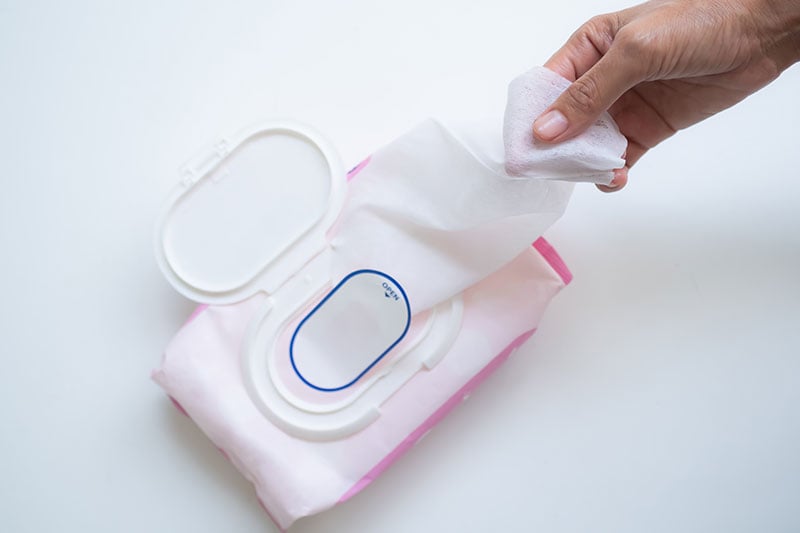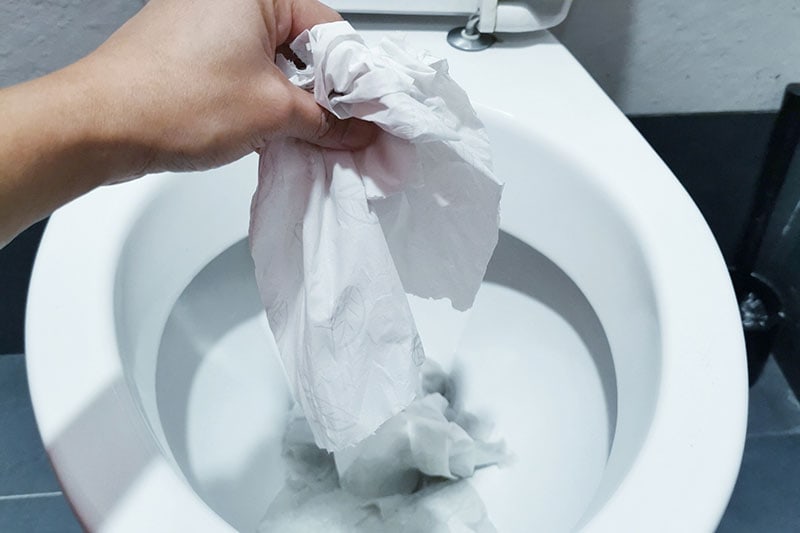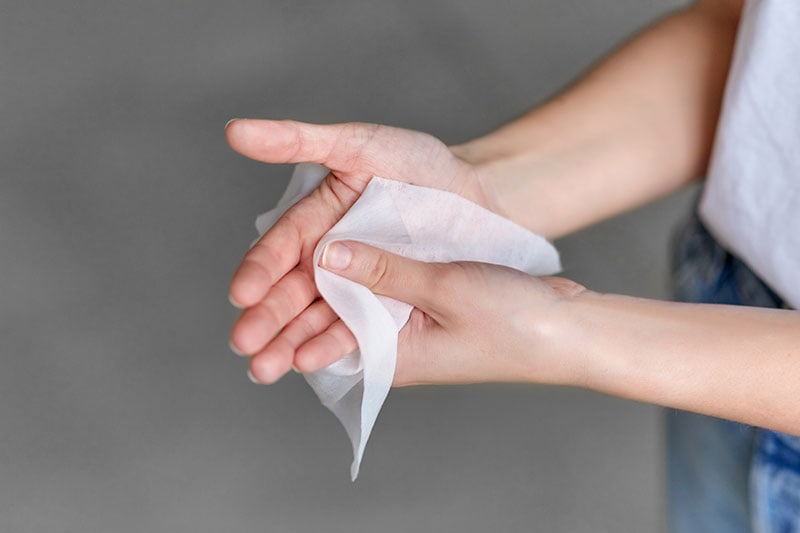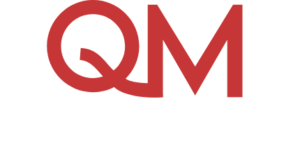Are Flushable Wipes Really Flushable?

The “flushable” wipe promises a superior level of hygiene, a refreshing finish, and the simple convenience of being tossed into the toilet, just like toilet paper. But as you drop that wipe into the bowl and watch it disappear with a flush, you might be sending a costly disaster down the drain. This convenience comes with a hidden price tag, leading many homeowners to ask the critical question: are flushable wipes really flushable?
The answer, from any professional plumber, is a resounding and emphatic “no.” While these wipes will indeed disappear from your toilet bowl, they do not break down like toilet paper. Instead, they embark on a destructive journey through your plumbing, creating a significant risk for serious and expensive clogs in your home’s pipes, septic system, and even your city’s sewer lines.
Explore why flushable wipes are not really flushable, and, if you have any plumbing problems, contact Quality Plumbing for expert services. Our experienced plumbers can take care of clogged toilets, leaking faucets, damaged water heaters, and more. Tell us about your plumbing problem, and our master plumbers will restore your plumbing.
[Related: Why is My Toilet Not Flushing?]
Deconstructing the “Flushable” Label
When a manufacturer labels a product as “flushable,” it means, to them, the wipe is capable of clearing your toilet bowl and passing through the drainpipe without causing an instant clog. But what makes flushable wipes not really flushable is the fact that the journey of a wipe is much longer than a single flush, and its durability becomes a liability.
Toilet paper is specifically engineered to disintegrate rapidly in water, due to its short, loosely-bound paper fibers. “Flushable” wipes, on the other hand, are designed for scrubbing and cleaning, which requires strength and durability. They are constructed from non-woven fabrics, a strong material that often contains synthetic fibers like plastic, rayon, and polyester. These materials are engineered precisely not to fall apart when wet. This durability is great for cleaning, but it’s the very reason these wipes are a menace to your plumbing system.
The Journey of a Wipe: Where Things Go Wrong

Once a “flushable” wipe leaves the toilet bowl, its resilient nature begins to cause problems. It doesn’t dissolve; it travels, and along the way, it snags, accumulates, and creates blockages that can have catastrophic consequences for your home and your community, such as:
- In Your Home: Unlike toilet paper, durable wipes don’t break down. They snag on imperfections inside your pipes, acting as a net that catches hair, grease, and other debris. This quickly builds into a stubborn clog, leading to slow drains and, eventually, a messy sewage backup into your home.
- In Your Septic System: For homes with septic tanks, wipes are a catastrophe. Because they are non-biodegradable, they sink and accumulate as sludge, filling the tank and requiring more frequent, costly pumping. Worse, they can clog the leach field, causing a catastrophic system failure that costs thousands of dollars to repair.
- In Our City Sewers: Wipes that reach the municipal system combine with fats, oils, and grease (FOG) to form massive, concrete-like blockages known as “fatbergs.” These blockages clog city sewer mains, damage expensive pumping equipment, and cost taxpayers millions to remove.
The “flushable” label only considers the first few feet of the journey, ignoring the severe and expensive damage these products cause further down the line. The potential cost of a single clog, a failed septic system, or a city-wide backup far outweighs the momentary convenience of flushing a wipe.
Are Flushable Wipes Really Flushable: At-Home Experiment
You don’t have to take our word for it. You can see the evidence for yourself with a simple experiment that vividly demonstrates why the answer to “Are flushable wipes really flushable?” is no. This quick test will give you all the proof you need. All you have to do is:
- Find two clear jars and fill them with water.
- Place a few squares of toilet paper in the first jar.
- Place a single “flushable” wipe in the second jar.
- Secure the lids and shake both jars vigorously for about 30 seconds, simulating the agitation within your pipes.
The result is immediate and undeniable. The toilet paper will almost instantly begin to break apart, dissolving into a pulp of tiny fibers. The “flushable” wipe, however, will remain almost completely intact. It might look a little battered, but it will still be a solid sheet of material, ready to snag on the first imperfection it finds in a pipe. This simple visual proves that wipes are not designed to break down and have no business in your plumbing system.
Experiencing a Clog? Don’t Wait for Disaster

If you’ve been flushing wipes for a while, you may already be on the path to a serious clog. It’s crucial to recognize the early warning signs before a minor issue escalates into a major, damaging, and unsanitary emergency. Pay close attention to your plumbing system. The common warning signs of a developing clog include:
- Slow-draining sinks, tubs, or toilets.
- Strange gurgling sounds coming from your drains, especially after flushing a toilet.
- Water backing up in one fixture when another is used (e.g., the shower drain backs up when the toilet is flushed).
These are not minor annoyances to be ignored; they are clear signals that a blockage is forming in your drain lines. At this stage, it’s essential to stop flushing any non-approved items and seek professional help. A skilled plumber can diagnose the problem and clear the line before it leads to a full-blown sewage backup.
[Related: What to Do with a Clogged Toilet]
Protect Your Pipes and Peace of Mind – Contact Quality Plumbing
The final verdict on the question, are flushable wipes really flushable, is a definitive no. The short-term convenience they offer is not worth the long-term risk of destructive clogs, foul sewage backups, and expensive repairs to your home or septic system.
If you’re concerned that years of flushing wipes may have already compromised your pipes, or if you’re experiencing any of the warning signs of a clog, don’t wait for a disaster to strike. Contact the trusted professionals at Quality Plumbing to inspect your lines and ensure your plumbing system is clear and running smoothly.

